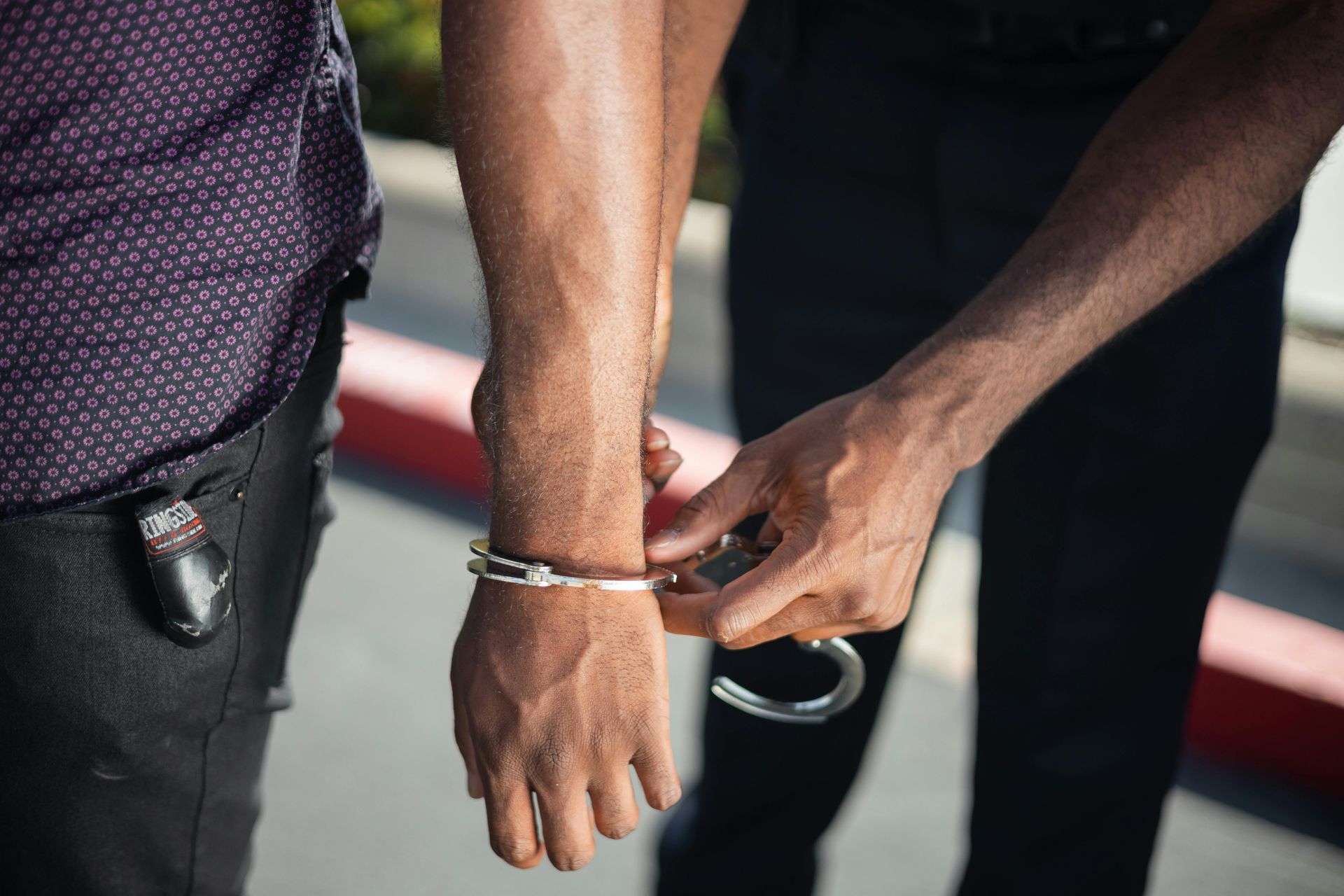WHAT IS AN ORDER OF PROTECTION?
RYAN C. DAVIS AND JAMES KEMP
Domestic Assault, Orders of Protection
What is an Order of Protection? An Order of Protection is an order signed by a judge or magistrate, which is intended to protect victims of domestic abuse, sexual assault, or stalking. While you may be tempted to reach out to the person who filed an Order of Protection against you, it is essential that you have no contact with him or her. If an Order of Protection has been granted by a judge or magistrate against you on a temporary basis (ex parte), violating that Order of Protection will result in your arrest and a new criminal charge. In short, you will go to jail, no questions asked. So don’t do it! Who can Request an Order of Protection? An Order of Protection can be requested by anyone who is a “domestic abuse victim.” T.C.A. §36-3-601 defines domestic abuse victim as adults or minors who:
- Are current or former spouses;
- Live together or who have lived together (including roommates);
- Are dating or who have dated or who have or had a sexual relationship;
- Are related by blood or adoption;
- Are related or were formerly related by marriage; or
- Adults or minor children of a person in a relationship that is described above.
What is the Process to Obtain an Order of Protection?
- An alleged victim fills out a Petition requesting the judge or magistrate to issue an Order of Protection.
- The judge or magistrate reviews the Petition and will likely grant an ex parte Order of Protection. The ex parte Order of Protection is a temporary Order of Protection that prohibits the other person from contacting the petitioner for any reason whatsoever.
- A hearing before a judge on the ex parte Order of Protection will be set within 15 days of the issuance of Order for a final determination. If the request is not granted ex parte, a hearing will still be scheduled in front of a judge to make a final determination.
- At the hearing, the court will either extend the Order of Protection for up to one year or it will be dismissed.
- At the hearing, the petitioner must prove by a preponderance of the evidence, or more likely than not, that the facts written in the Petition occurred. The court will hear from the Petitioner, Respondent, and any witness brought by the parties.
- The respondent then has the opportunity to put on proof to defend against the allegations being made by the petitioner.
An Order of Protection can have serious ramifications, including:
- Ordering you to leave your home;
- Affect your custody or visitation rights with your children;
- Prevent you from owning or possessing firearms;
- Impact your ability to rent an apartment or home.
If you have an Order of Protection pending against you in Nashville or Middle Tennessee, it's important that you hire an attorney immediately to defend your rights.










